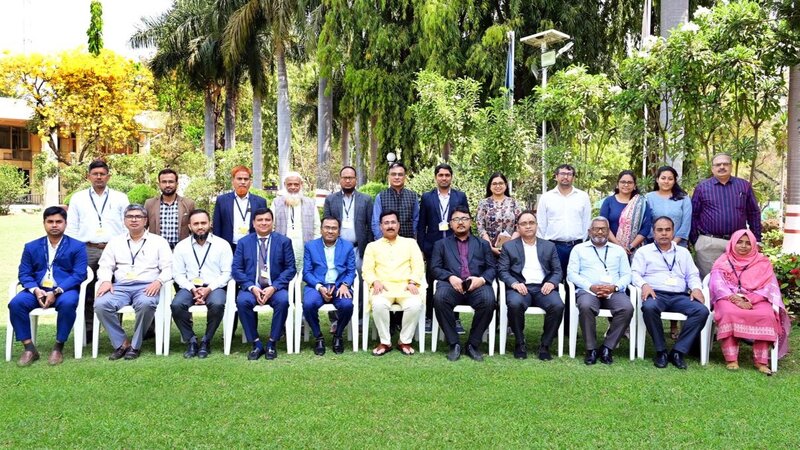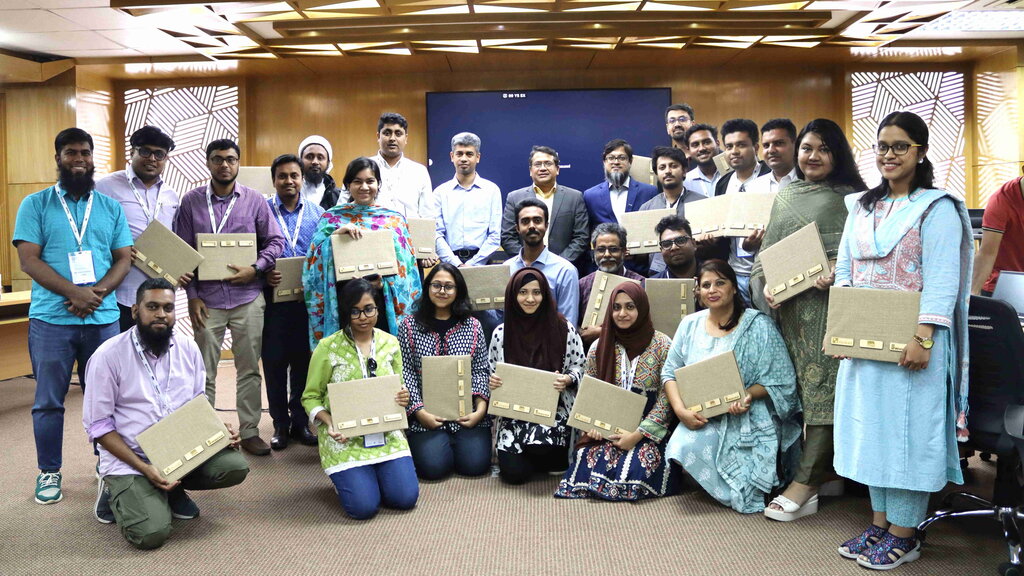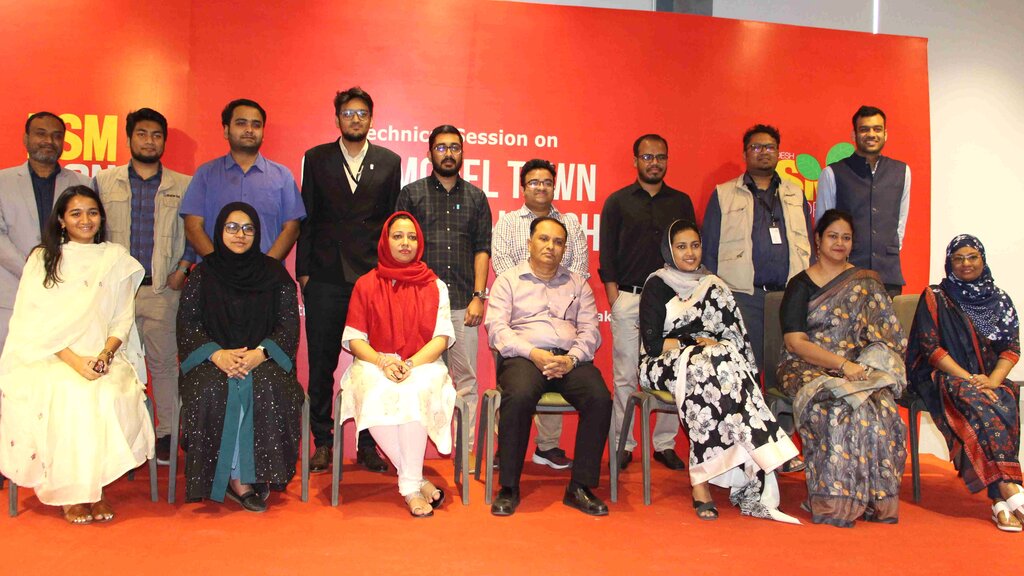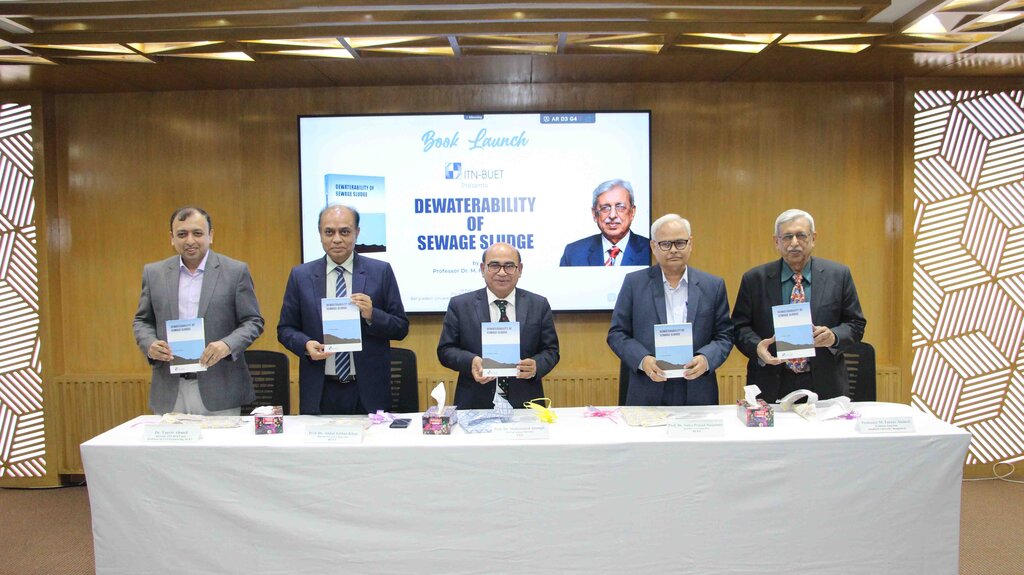In an innovative initiative aimed at advancing gender equality and inclusivity in the delivery of sanitation services, officials from the Department of Public Health Engineering (DPHE) participated in a specialized workshop titled “Strengthening Gender Inclusion in Sanitation Service Delivery.” The workshop was jointly organized by DPHE, ITN-BUET and CWIS-FSM support cell, with the support of the Bill and Melinda Gates Foundation.
Taking place at BRAC CDM, Rajendrapur from May 13th to 14th, the workshop brought together a total of 30 delegates (18 female and 12 male), including 19 senior officials from DPHE. The event was inaugurated by Mr. Mir Abdus Shahid, Additional Chief Engineer (Water Resources), who highlighted the paramount significance of gender inclusion in sanitation service delivery during his inaugural speech.
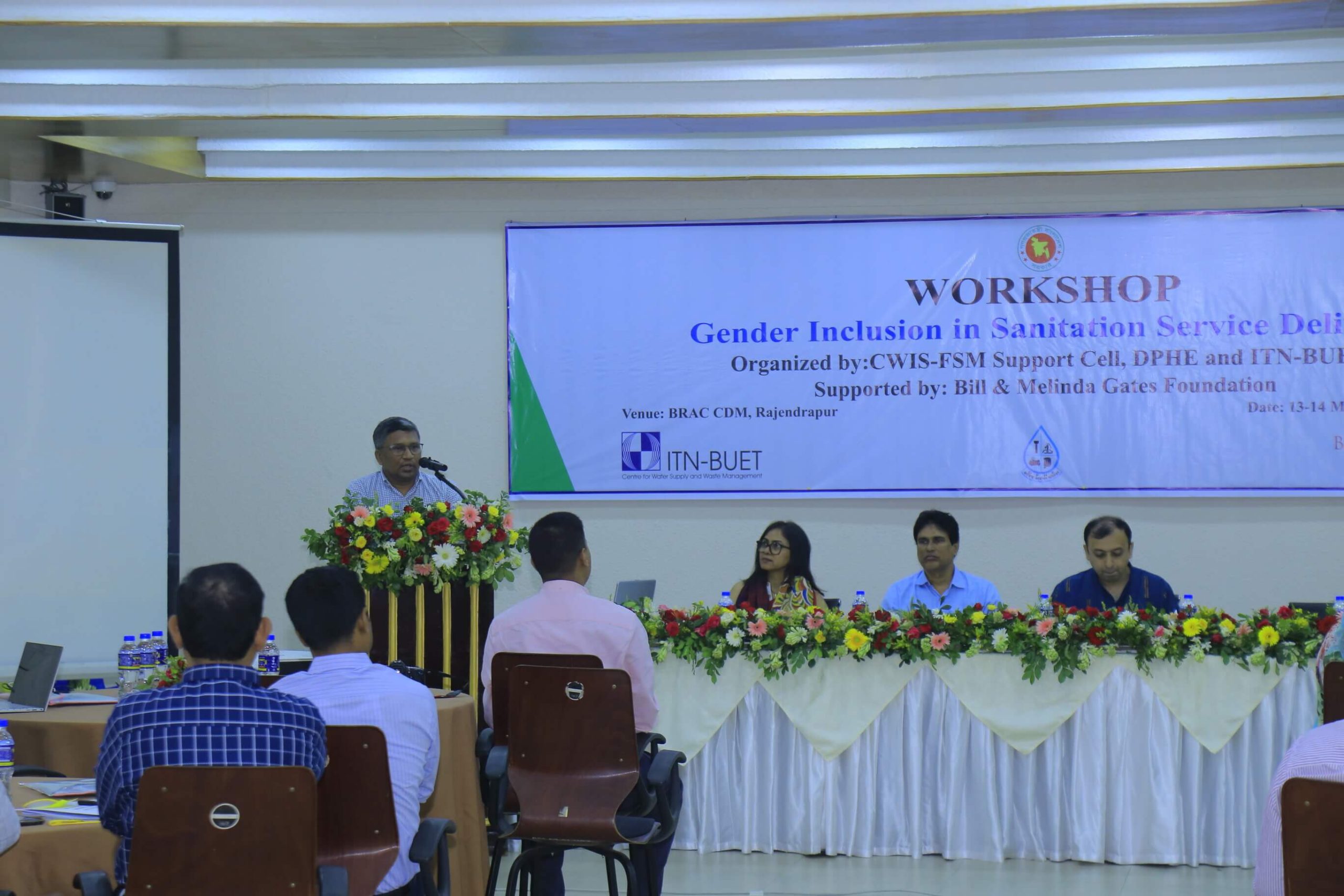
Professor Dr. Tanvir Ahmed, Director of ITN-BUET emphasized the need to prioritize and integrate gender perspectives in every aspect of the sanitation sector, ensuring that the needs, voices, and contributions of all genders are considered. Ms. Neelima Thota, Senior Strategic Advisor, Bill and Melinda Gates Foundation stressed the significance of going beyond mere gender inclusion and highlighted the need to adopt strategies that challenge and transform existing gender norms and power dynamics.
Throughout the first day of the workshop, the participating officials gained insights into a comprehensive range of topics, including gender awareness, gender analysis, gender equality markers, key performance indicators of gender and sanitation, policy and strategy gap, gender logic chain, gender mainstreaming, and practical approaches for gender-inclusive sanitation service delivery.
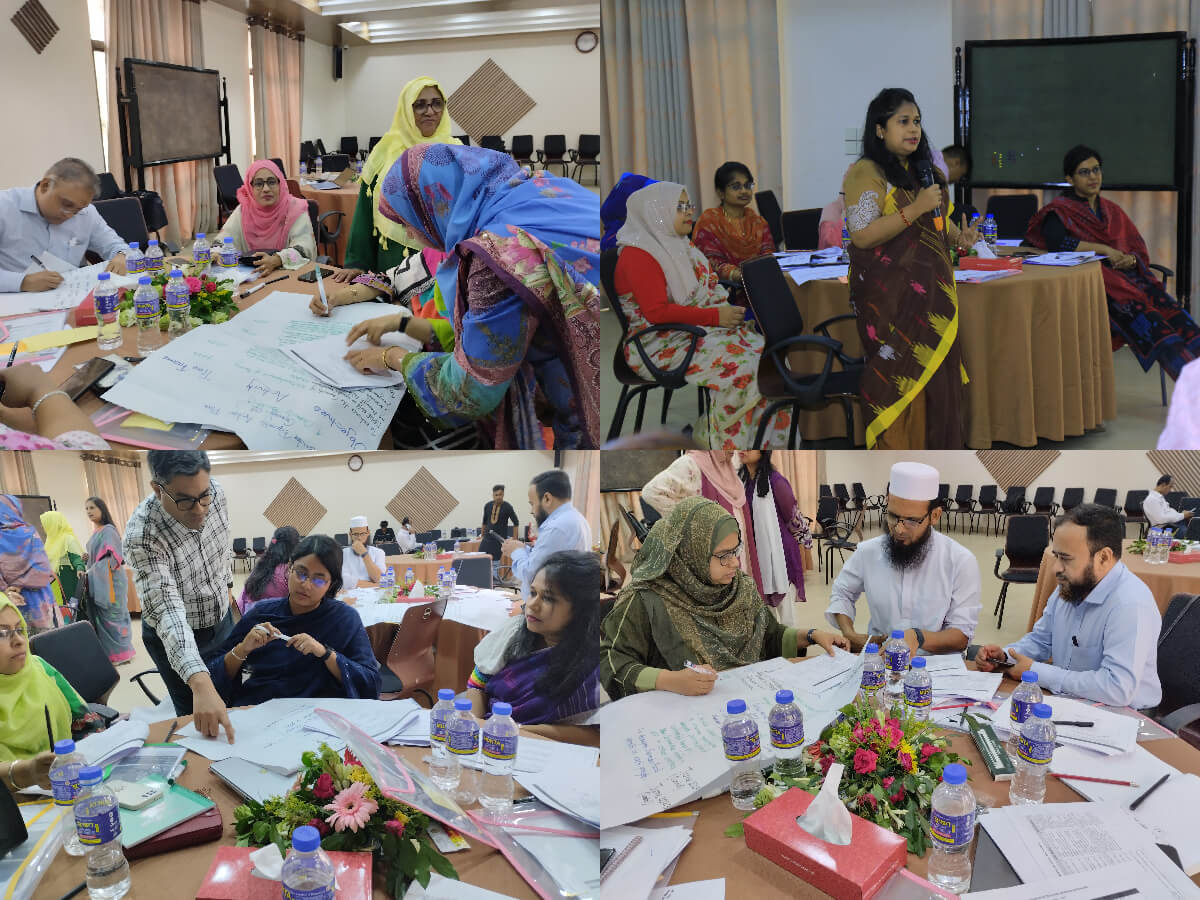
At the end of the first day, Mr. Tushar Mohan Shadhu Khan, Additional Chief Engineer (Planning), DPHE, launched the Gender and Development Forum of DPHE, an innovative endeavor aimed at addressing gender disparities and fostering inclusive practices within the DPHE. Mr. Khan expressed his conviction that the establishment of this forum marks a significant step towards promoting gender-sensitive and inclusive practices in DPHE’s work and in the broader development community.
Acknowledging the vital importance of public health and sanitation in fostering a healthier and more equitable society, DPHE officials actively engaged in a group exercise during the workshop’s second day. They focused their collective efforts on developing a gender transformative logic chain that addresses gender equality markers and indicators applicable to DPHE’s projects.
Ms. Umme Farwa Daisy presented the snapshot of the comprehensive gender manual integrating WASH, DRR and climate resilience manual development process. She captured the expected knowledge and skills for CB training on gender equality and inclusion from the participants through an insightful group exercise.
At the event’s conclusion, Mr. Shafiqul Hassan, Project Director and Co-chair of the CWIS-FSM Support Cell, requested the trained officials to put their enhanced knowledge and skills into practice. He expressed high hopes that their dedicated efforts will result in tangible enhancements in sanitation services, ultimately paving the way for a more inclusive and equitable society that benefits all individuals.
With the successful completion of the workshop, DPHE officials are now equipped with the tools and insights needed to champion gender equality in designing and implementing sanitation projects. Their commitment to promoting gender transformative approach in the challenging societal norms sets a shining example for the entire sector, inspiring positive change and progress toward a more inclusive future.


